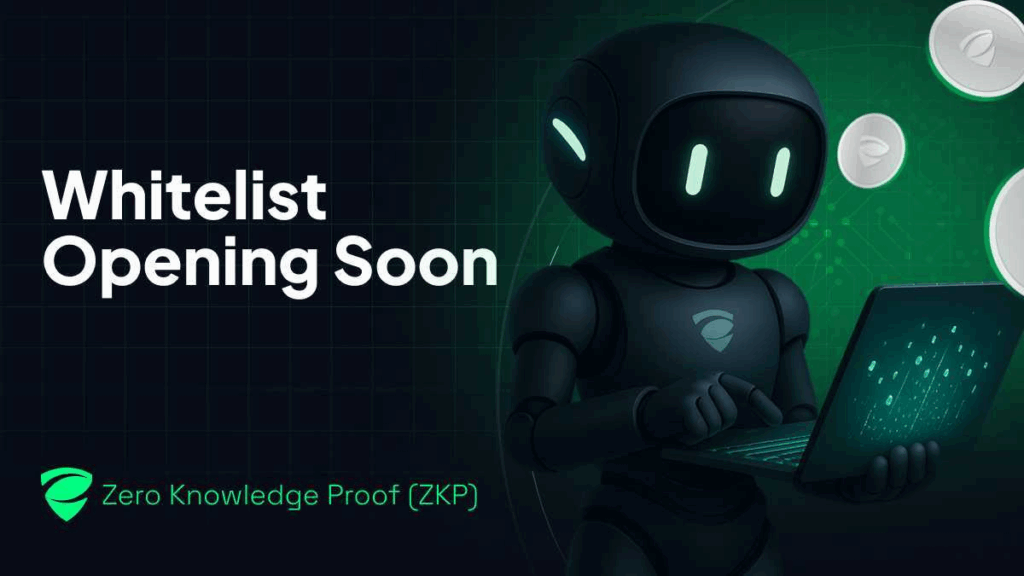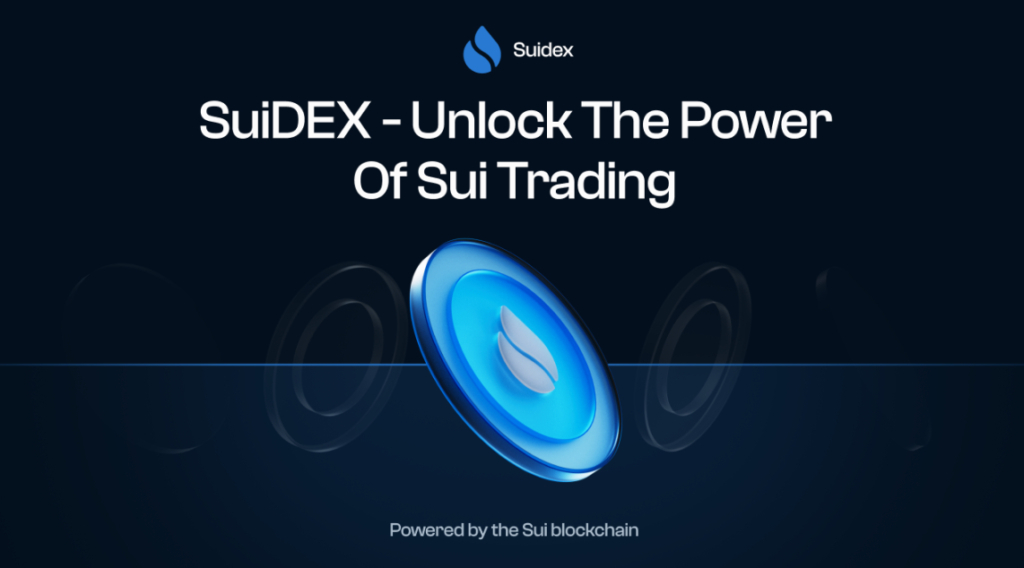Contributors to the Terra Classic network have cut the so-called “burn tax” charged on all Terra Classic token (LUNC) transactions.
The developers have reduced the tax rate from 1.2% to 0.2% since the earlier rate was thought to cause a decline in network activity.
The new rates went into effect today at 8:50 a.m. ET, after the community’s approval of governance “Proposal 5234,” which reduced the number of tokens burned with each transaction.
Following the depeg of the UST stablecoin in May 2022, Terra’s developer, Do Kwon, abandoned the original Terra network and downgraded the project to “classic” status in favor of the new Terra 2.0 chain.
The project is now managed by community members and investors who have taken charge of its growth.
Last month, the Terra Classic governance council voted to levy a 1.2% tax on each LUNC transaction and trash the proceeds in an effort to reduce LUNC supply, believing that fewer tokens in circulation would enhance value.
It’s worth noting that in the aftermath of Terra Classic‘s May collapse, the blockchain was left with 6 trillion LUNC tokens in circulation via UST redemptions, which is 20,000 times higher than Terra’s pre-collapse supply of 300 million tokens.
While the 1.2% burn fee was intended to strengthen LUNC’s tokenomics, it actually discouraged usage and reduced on-chain activity. According to estimations from key contributors, the tax reduced LUNC’s on-chain transaction volume by 91.67%.
On October 10, a fresh community proposal suggested keeping the fee but lowering the rate in the hopes of striking the correct balance between activity and the possibility of gradually reducing token supply.
The idea was approved today with 83% of the vote. Aside from lowering the burn rate, the proposal also allocates 10% of tax income to finance ecosystem activities and compensate contributors.
According to CoinMarketCap, the price of Terra Classic (LUNA) is up by over 2% in the last 24 hours and is currently trading at $0.0002533 with a market capitalization of $1.7 billion.



